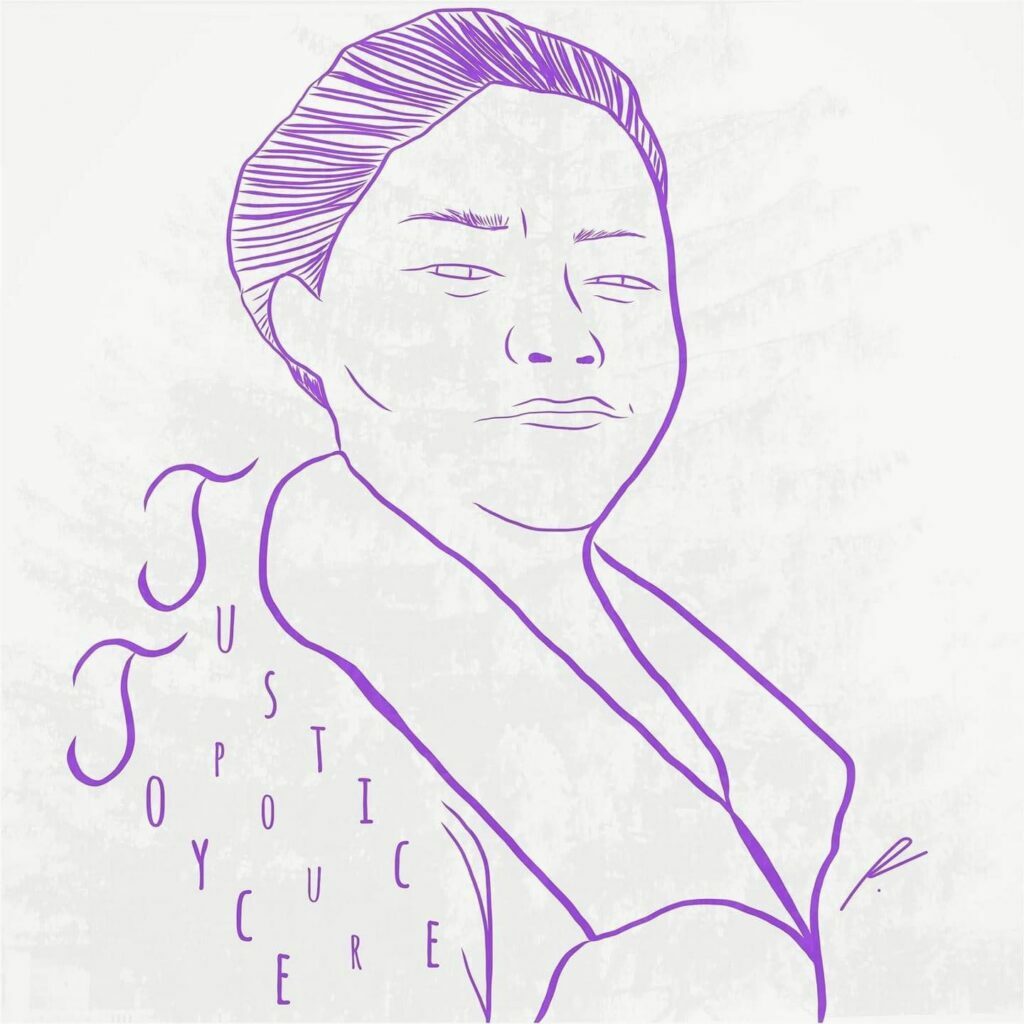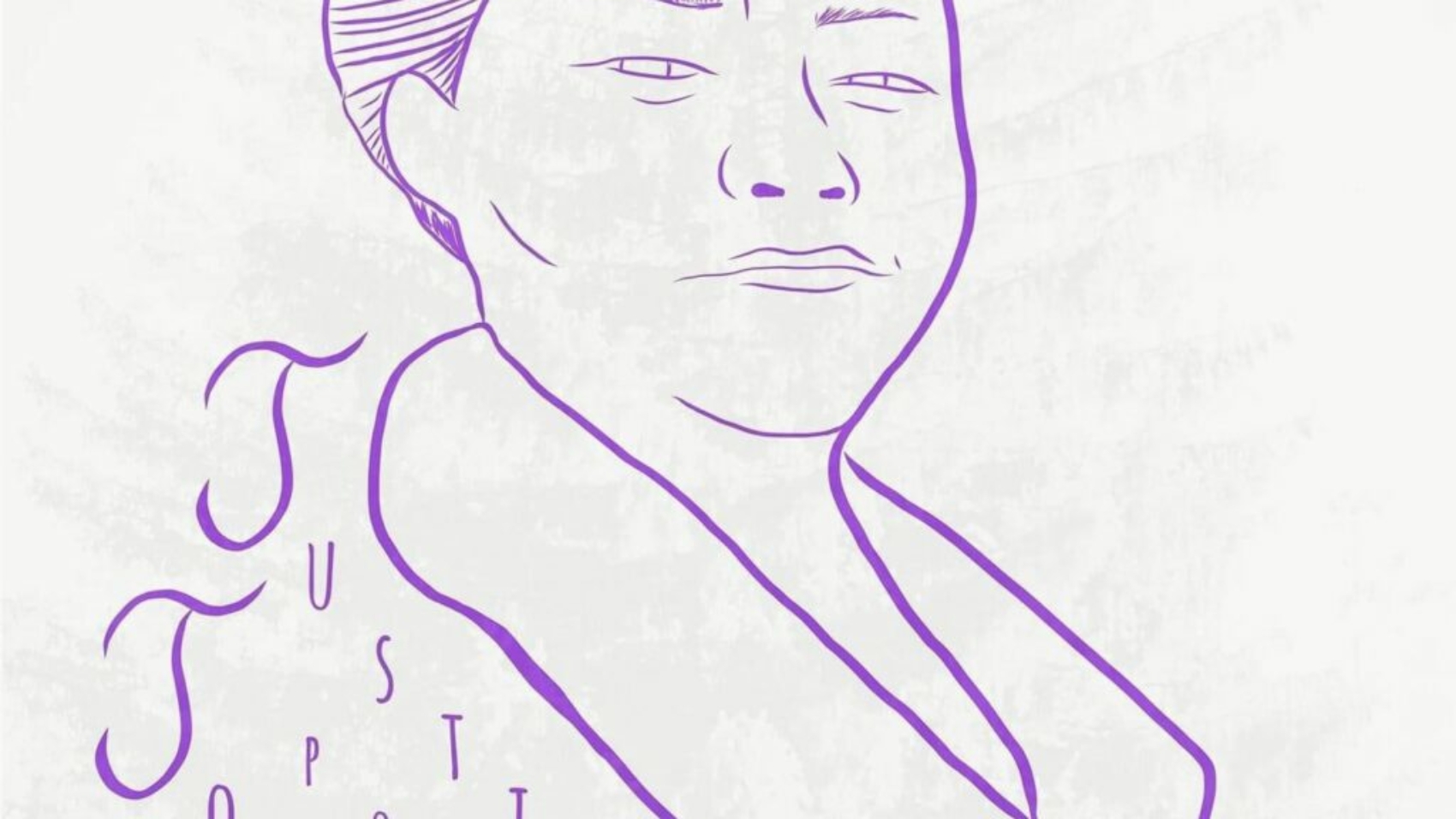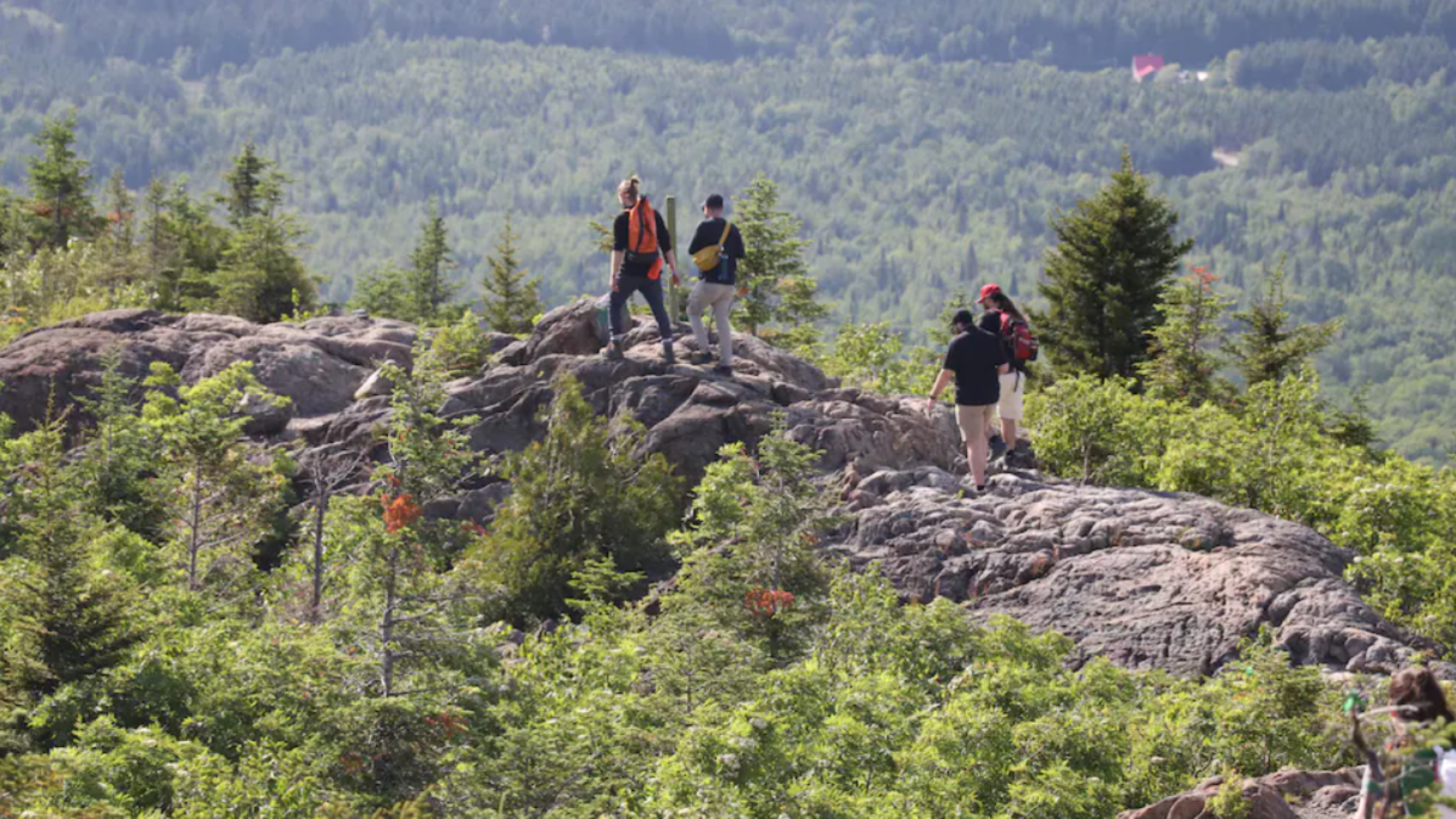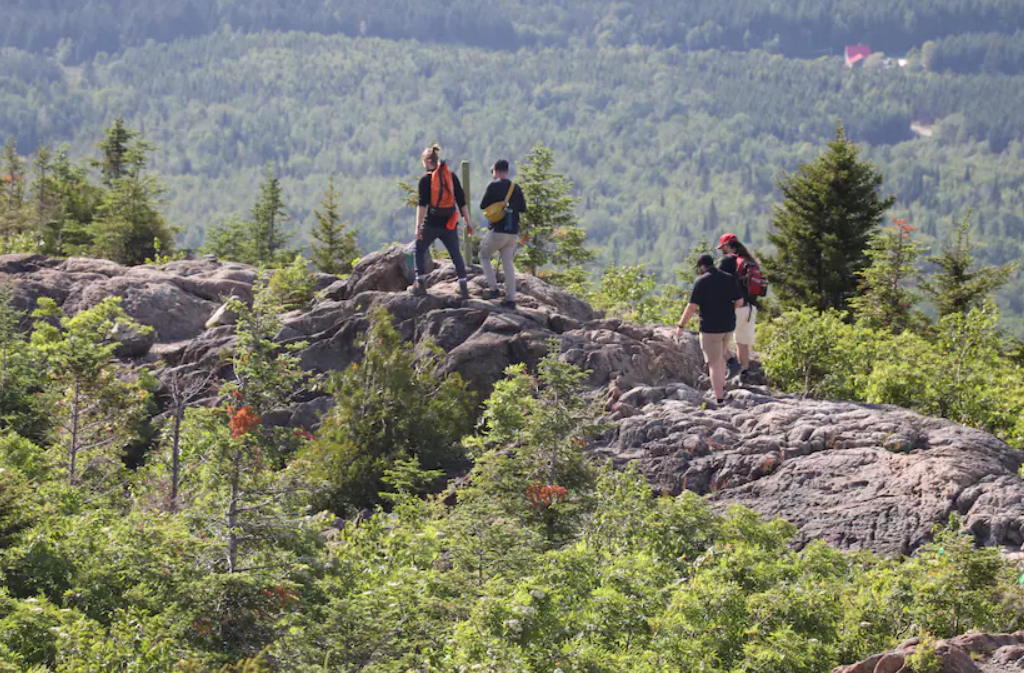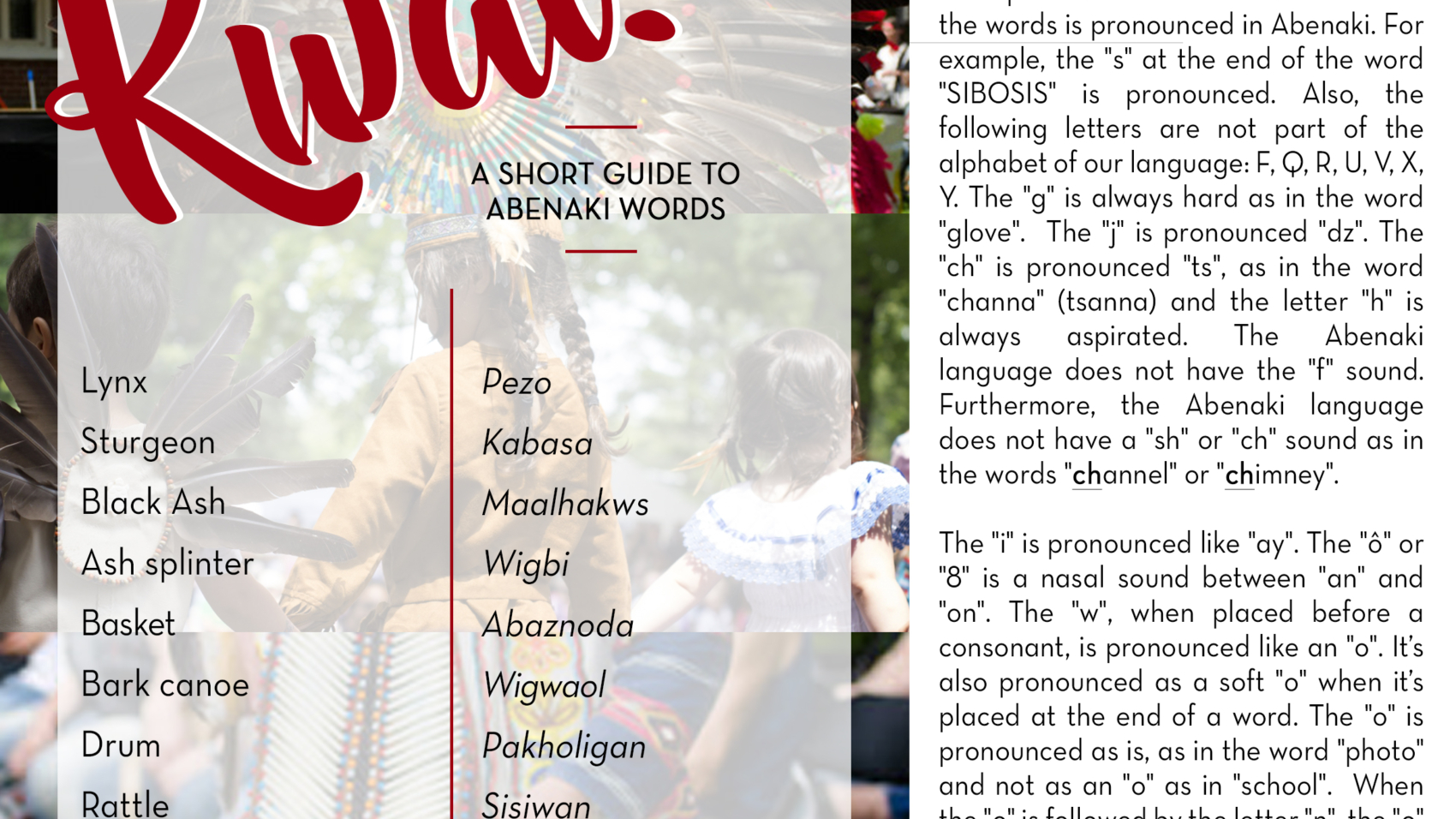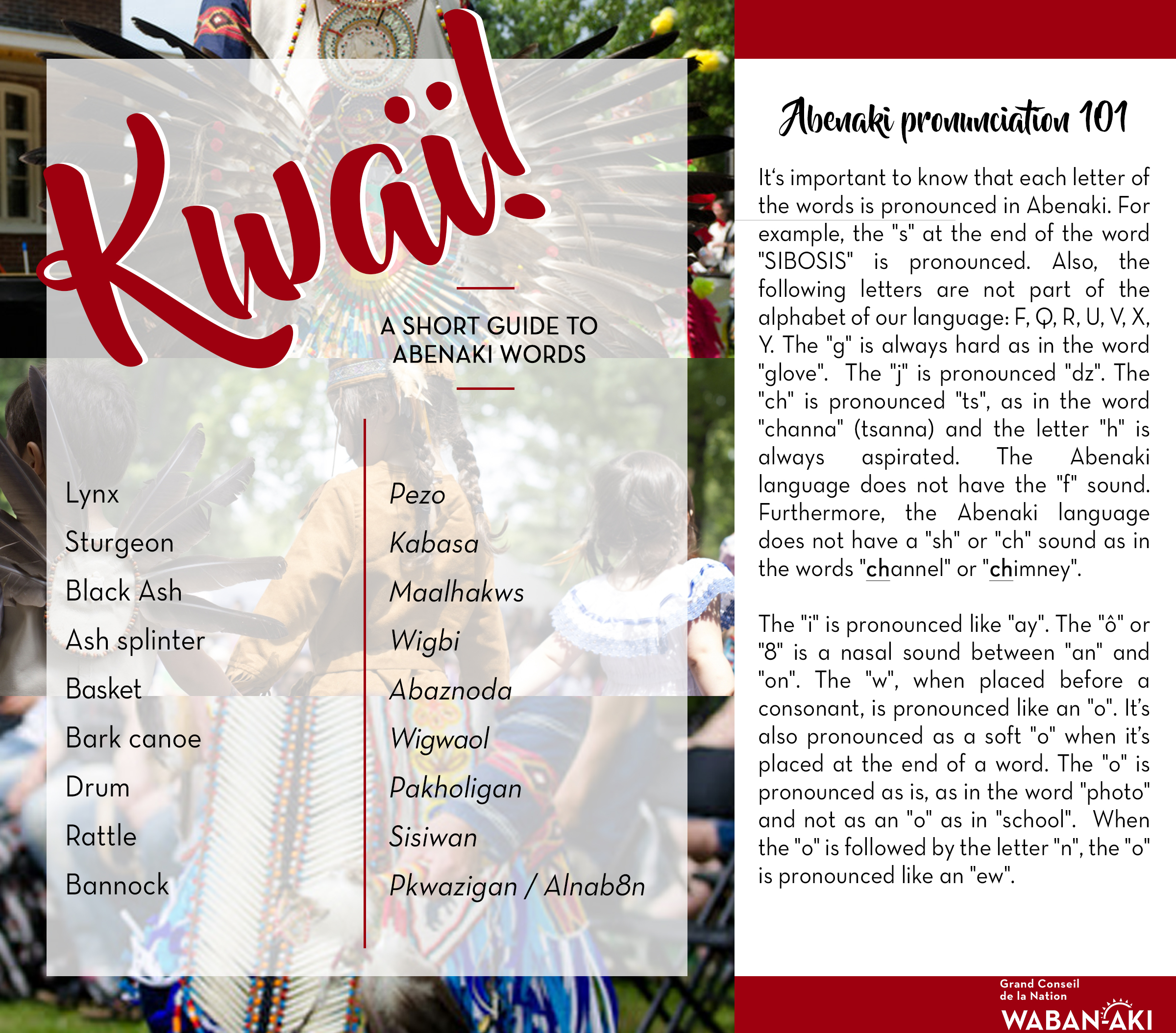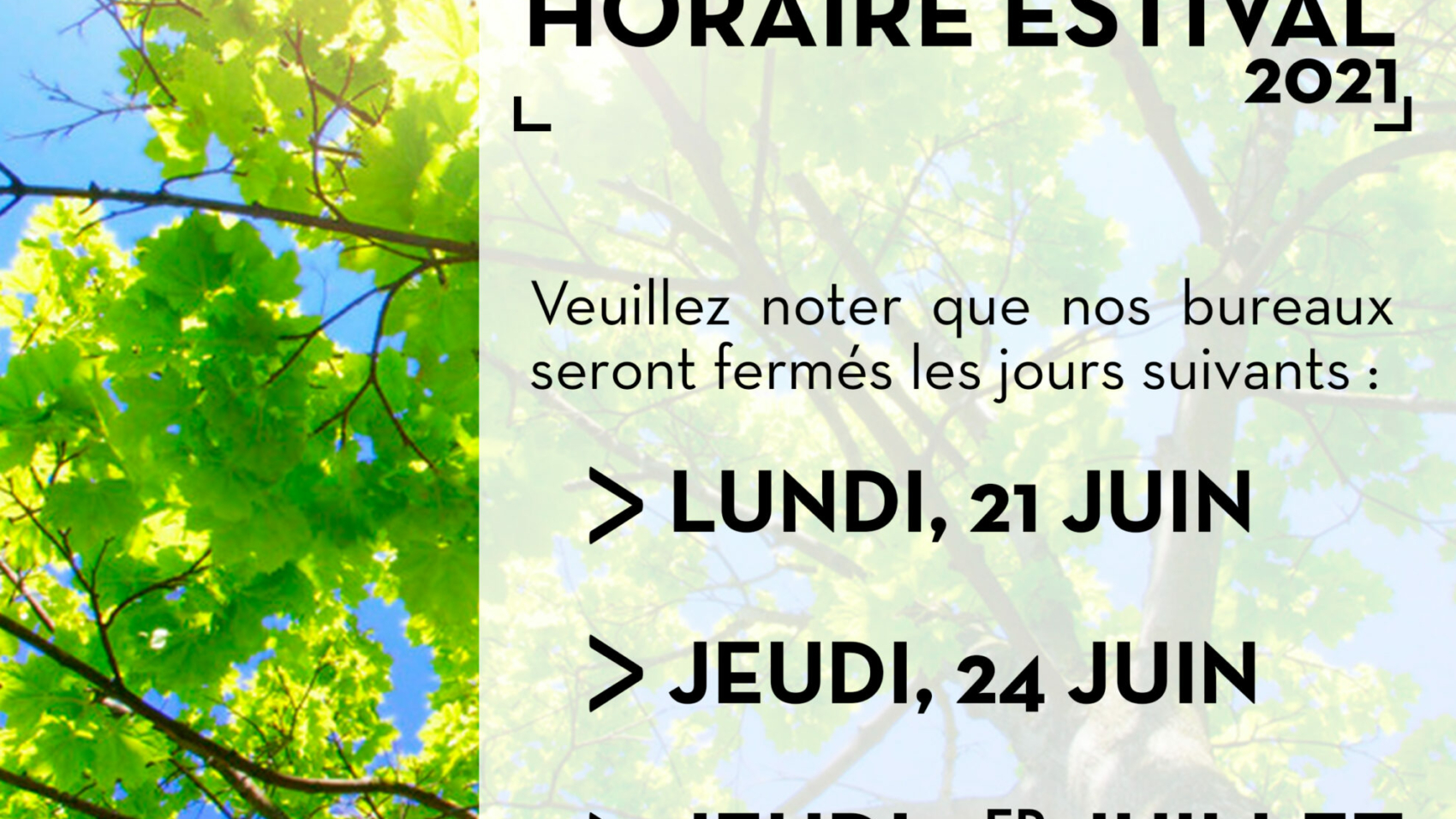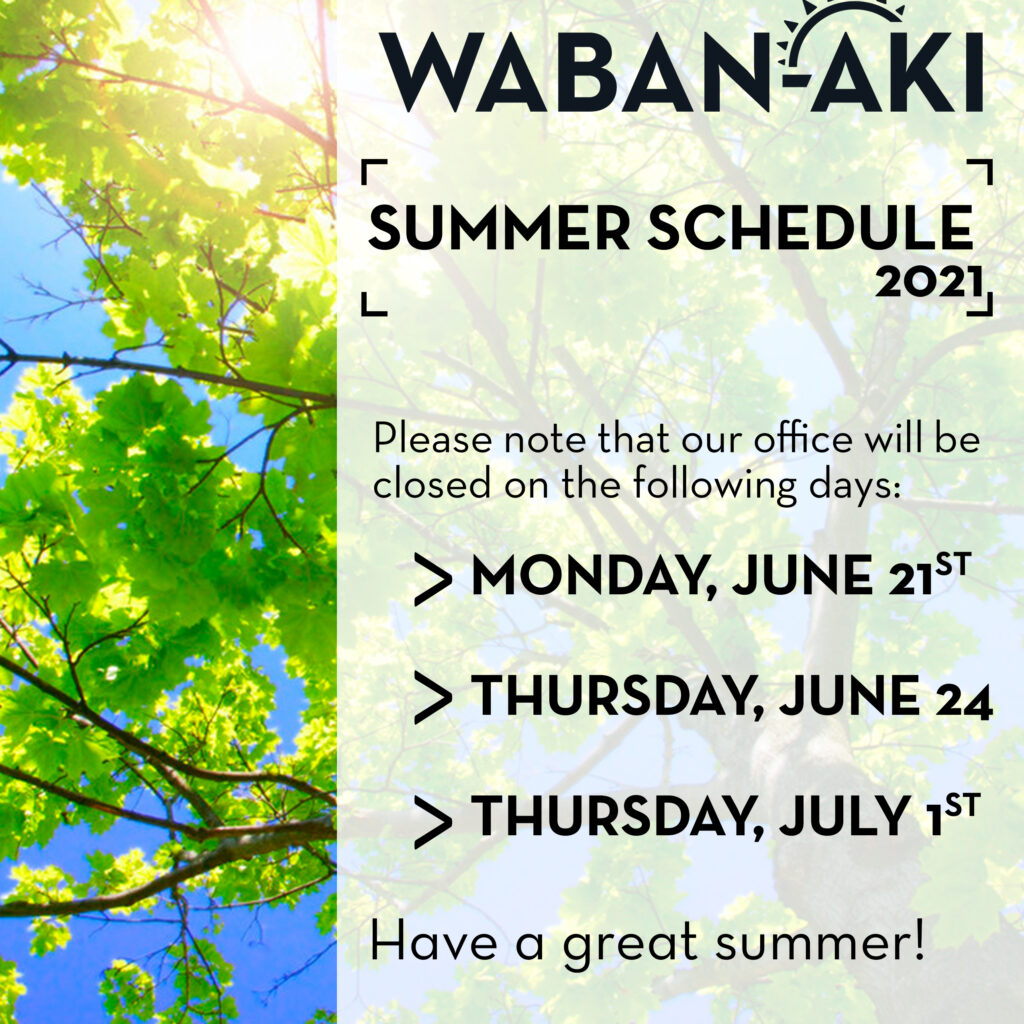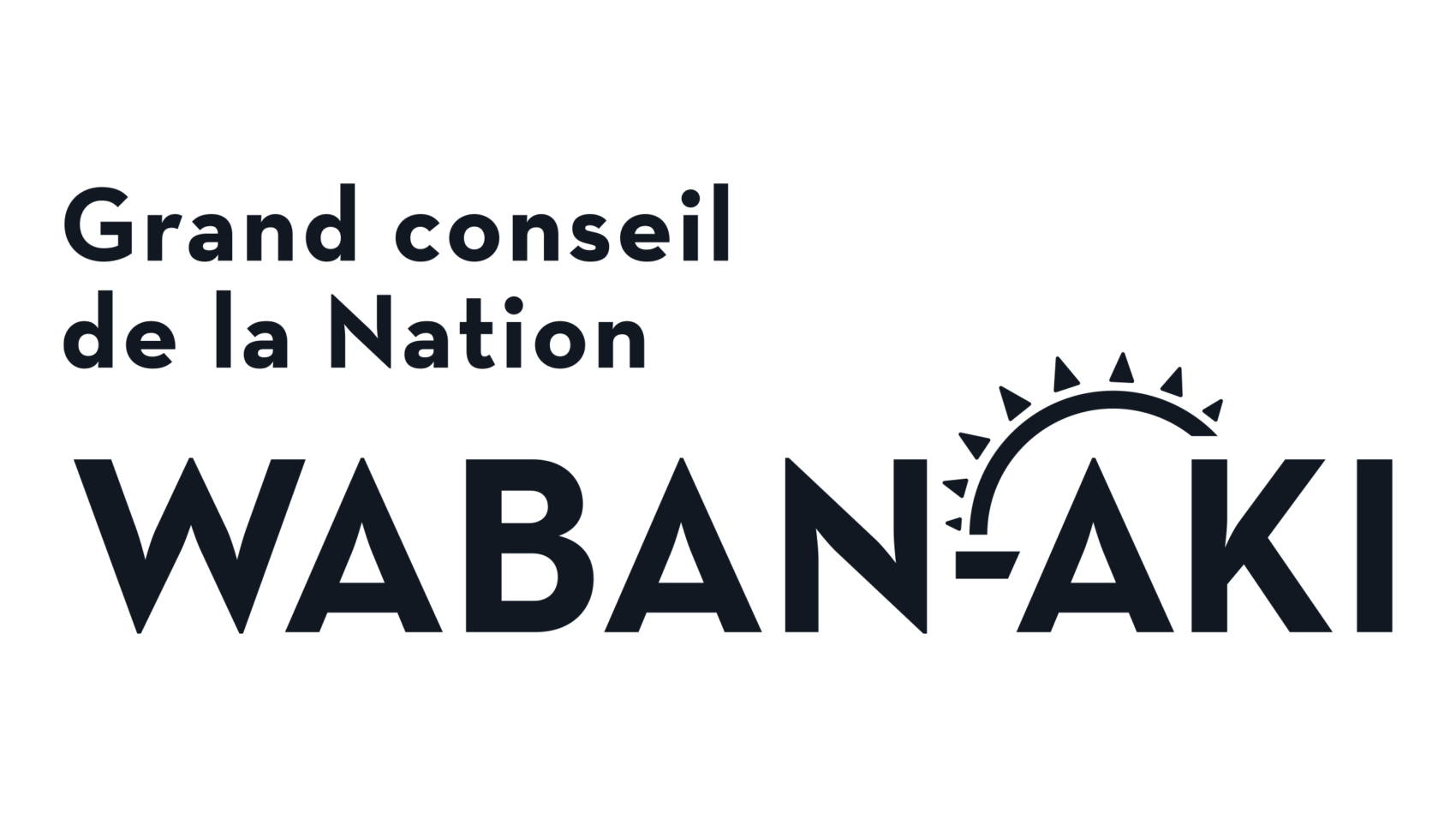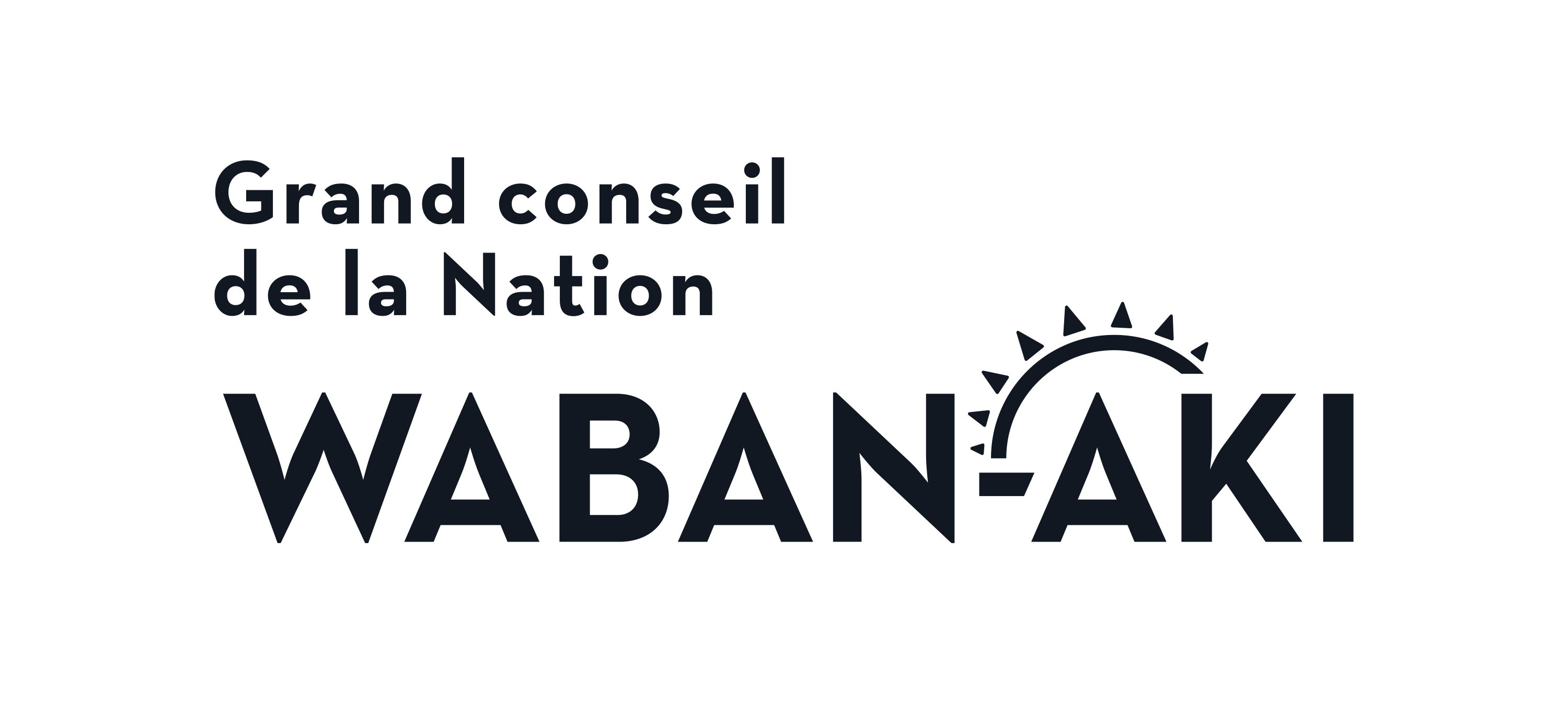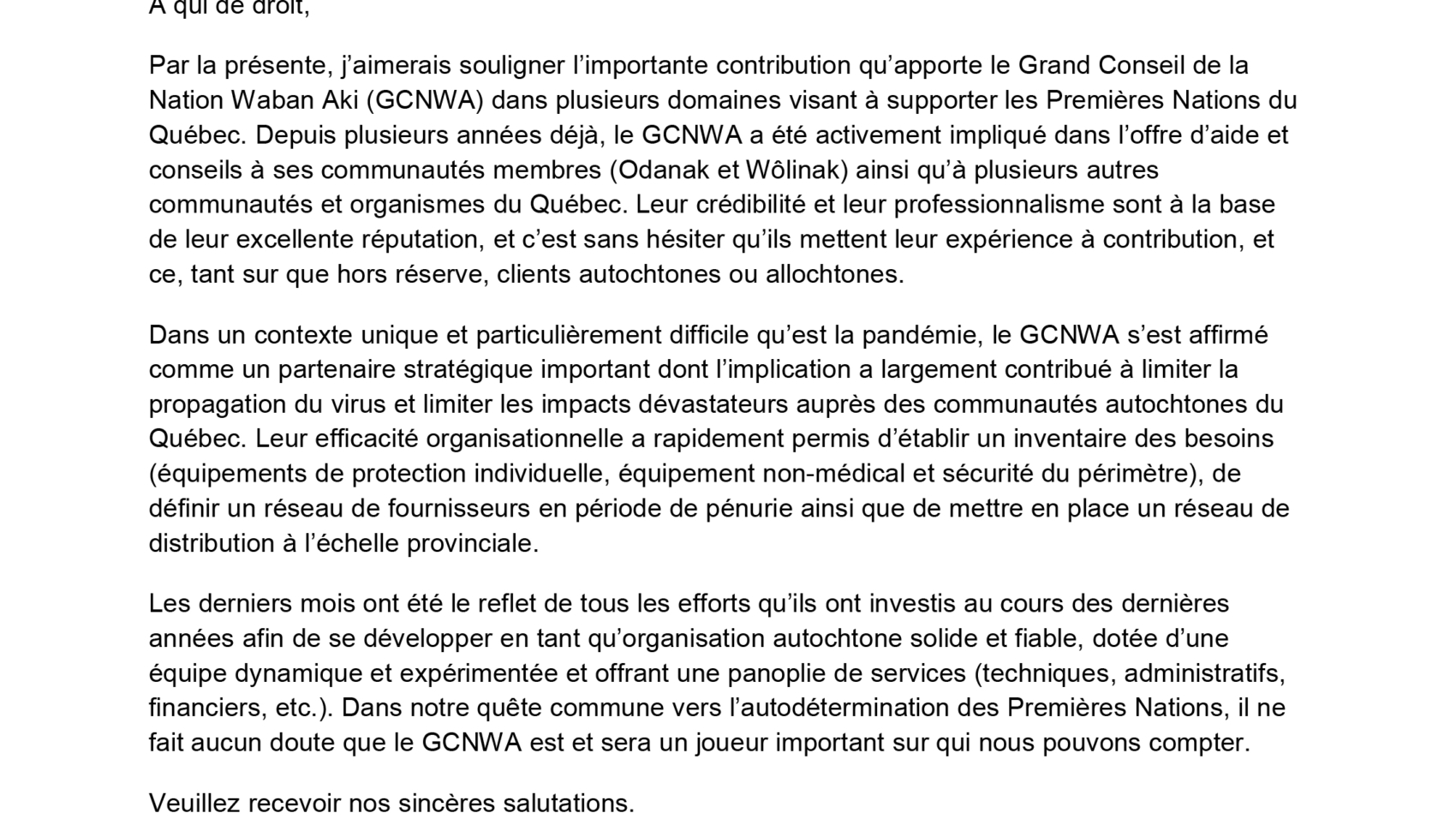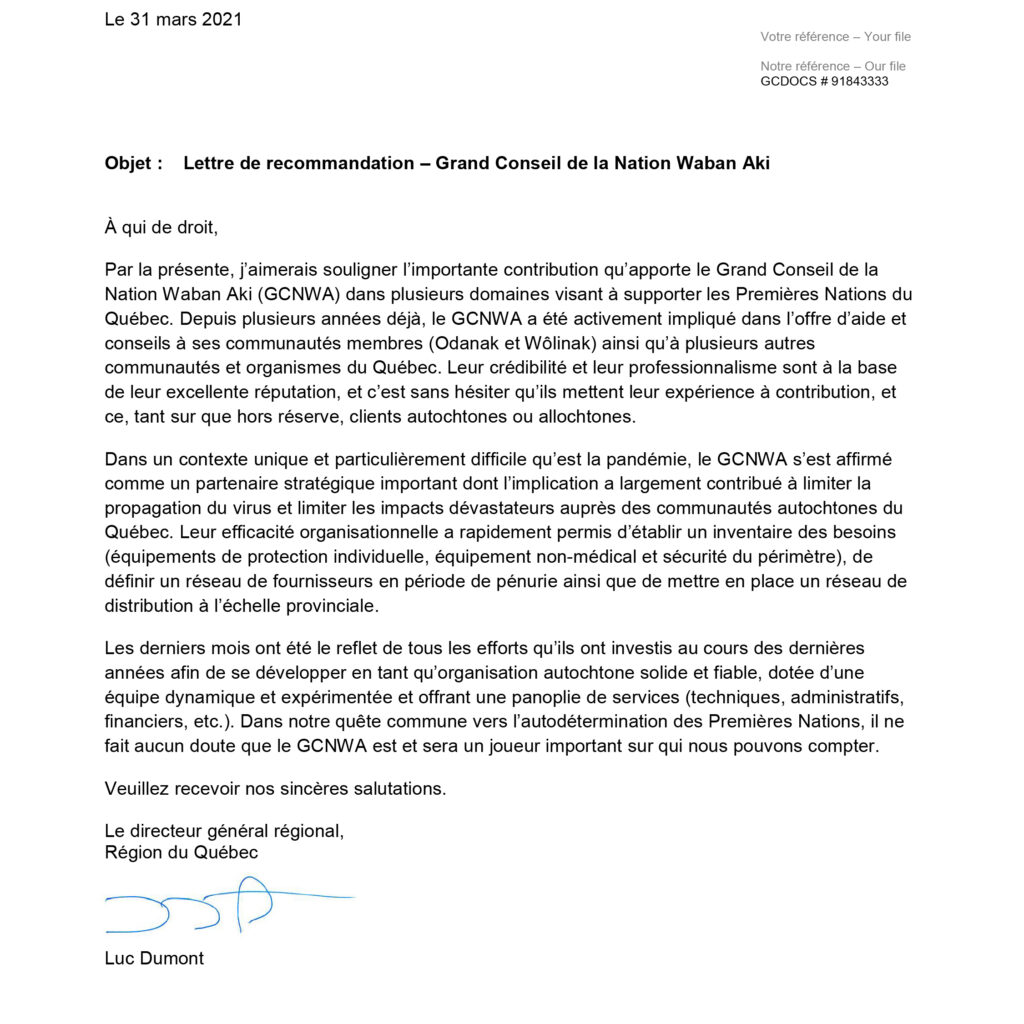The Government of Canada, through Canada Mortgage and Housing Corporation (CMHC) and Indigenous Services Canada (ISC), with the help of Indigenous partners has selected recipients for the construction of 12 new shelters across Canada for Indigenous women, children, and 2SLGBTQQIA+ people escaping family violence.
Last June 17th, the Honourable Ahmed Hussen, Minister of Families, Children and Social Development, along with the Honourable Marc Miller, Minister of Indigenous Services, announced today over $85 million to build and support the operation of 12 new emergency shelters across Canada over 5 years, as well as an additional $10.2 million annually thereafter.
This initiative will add 12 new shelters to Indigenous Services Canada’s existing network of shelters for Indigenous women, children and 2SLGBTQQIA+ people, and will be built in partnership with the following communities:
- Odanak First Nation, Quebec
- Lil’wat Nation, British Columbia
- Sturgeon Lake Cree Nation, Alberta
- Whitefish Lake First Nation #459, Alberta
- Prince Albert Grand Council, Saskatchewan
- Keeseekoowenin, Manitoba
- Hollow Water, Manitoba
- Wasauksing First Nation, Ontario
- Natoaganag (Eel Ground) First Nation, New Brunswick
- Acadia First Nation, Nova Scotia
- Council of Yukon First Nations, Yukon
- Inuvialuit Regional Corporation, Northwest Territories
These shelters will be Indigenous-led, and will provide vital refuge and culturally appropriate critical supports and services to help survivors of family violence recover from the trauma of their experiences, access support programming and create a stable environment where they can begin to regain an independent life. They are also a crucial element of the Federal Pathway to Address Missing and Murdered Indigenous Women, Girls and 2SLGBTQQIA+ People, the Government of Canada’s response to the National Inquiry into Missing and Murdered Indigenous Women and Girls, and an important contribution to the National Action Plan to end violence against Indigenous women, and 2SLGBTQQIA+ people.
In the 2020 Fall Economic Statement, the Government of Canada announced an investment of $724.1 million to develop a comprehensive Violence Prevention Strategy, to expand culturally relevant supports for Indigenous women, children and 2SLGBTQQIA+ people facing gender-based violence. This will also help address the urgent need for new shelters and second-stage (transitional) housing for First Nations, Inuit and Métis across the country including on reserve, in the north and in urban areas. This initiative is also a key action in the Federal Pathway. Further information on the comprehensive Violence Prevention Strategy will be announced in the coming months.
The Government of Canada takes the issue of violence against Indigenous women, children, and 2SLGBTQQIA+ people very seriously and will continue to work in partnership with Indigenous Peoples and organizations as well as provincial and territorial governments, and other partners to develop effective and culturally-appropriate solutions.
